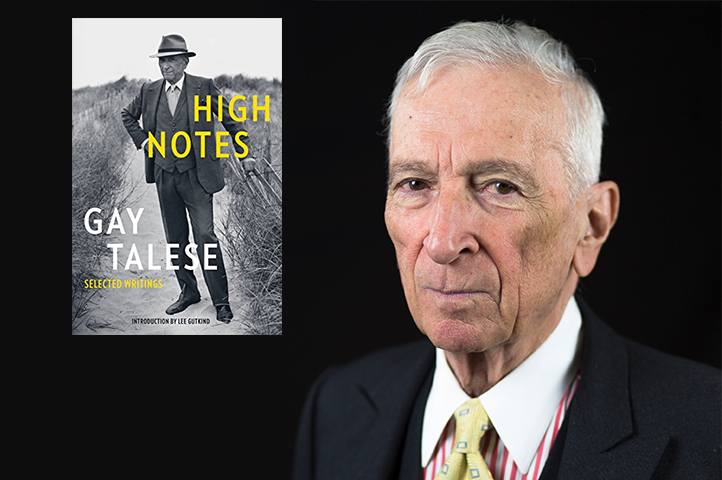What is the future of American journalism?
The best stories won’t come from an interview with lawmakers in the Beltway or by way of a soundbite on cable news, according to legendary journalist Gay Talese. With six decades of experience as a writer and author who built his career on spending extended time with his interview subjects, Talese knows a thing or two about good storytelling.
When Talese visited Salon’s studios this winter to speak with Amanda Marcotte about his book “High Notes: Selected Writings of Gay Talese,” he spoke about representation in mainstream media and the role of the journalist.
This summer at Salon, we’re reminded of Talese’s wisdom as we launch the Young Americans Project, an initiative in which 30 journalist students from states that voted Republican in the 2016 presidential election tell stories from their corner of America.
The first two stories in the series are from a cattle farming family in Nebraska and the patrons of a gun range in Kansas.
As Talese put it, “even those who are not in the newspapers, not on the magazines, and not considered newsworthy, have something to say.”
On why Donald Trump’s victory was a surprise to mainstream media
What caught them by surprise is that they were not used to talking to people who might not have been educated on the level they are, the underclass, if you will. They might be in smaller cities. They might be in places that are not considered centers of power and privilege. They are people whose voices, even if it’s not articulate, should be heard.
On the journalists being the “foot soldiers” of history
The journalist is the first person to give a kind of mood on a daily basis of what is going on in the country, the thinking, as well as the actions of a country.
On journalism today
Journalists in the early Trump era are still unaware of how vast and varied the American experience is because they talk too often to the people in power. If I were running a newspaper today or running a network, I would break up the bureaus and have those people not clustered as you see them every day, at the presidential news conference jammed together in Washington. I’d have them around covering the country from the level of state capitals or from smaller cities.
Watch Talese’s interview with Salon, above, on why traveling to communities beyond New York and Los Angeles and telling those stories is important in understanding how national policies play out. Watch the full interview here.

